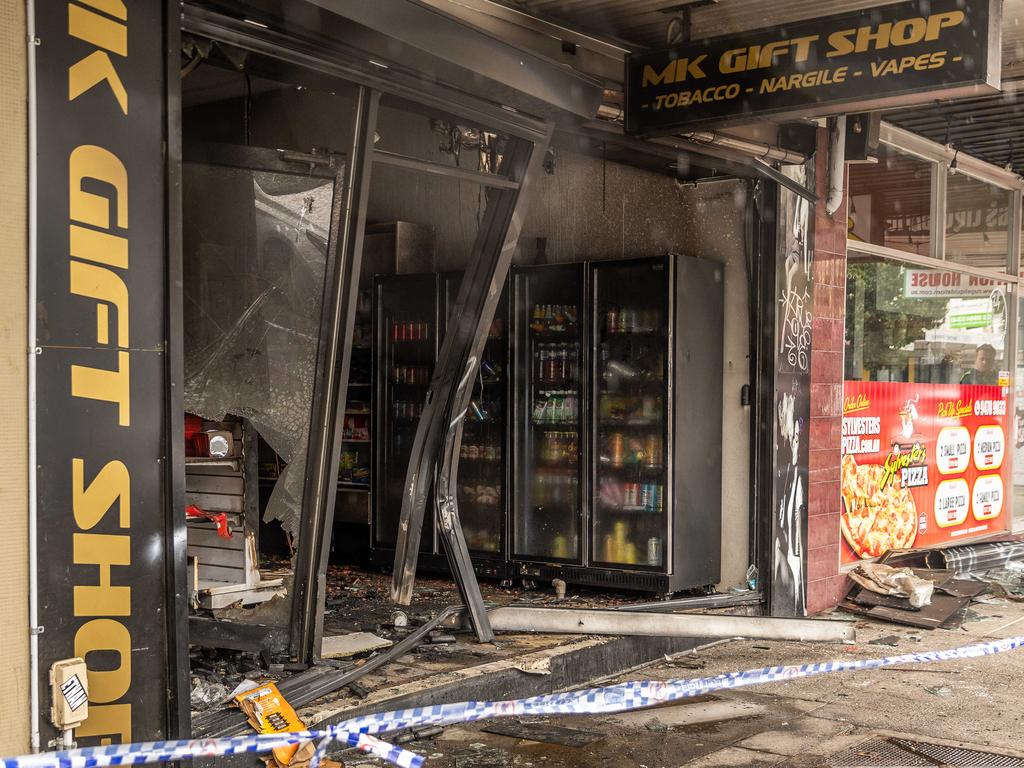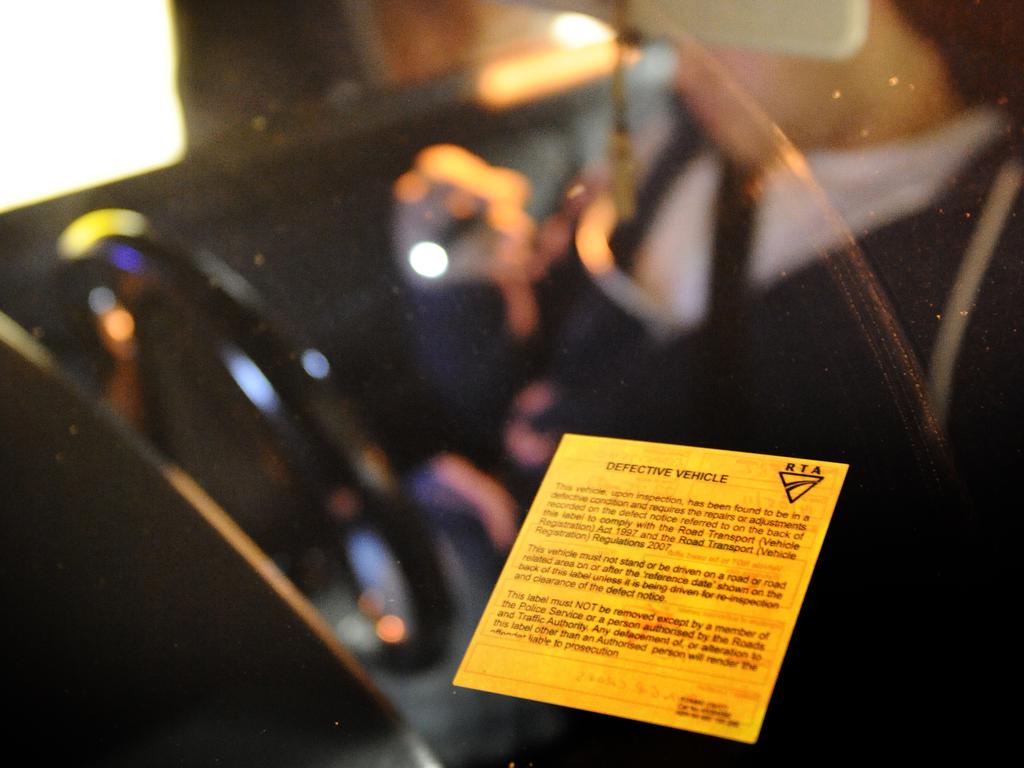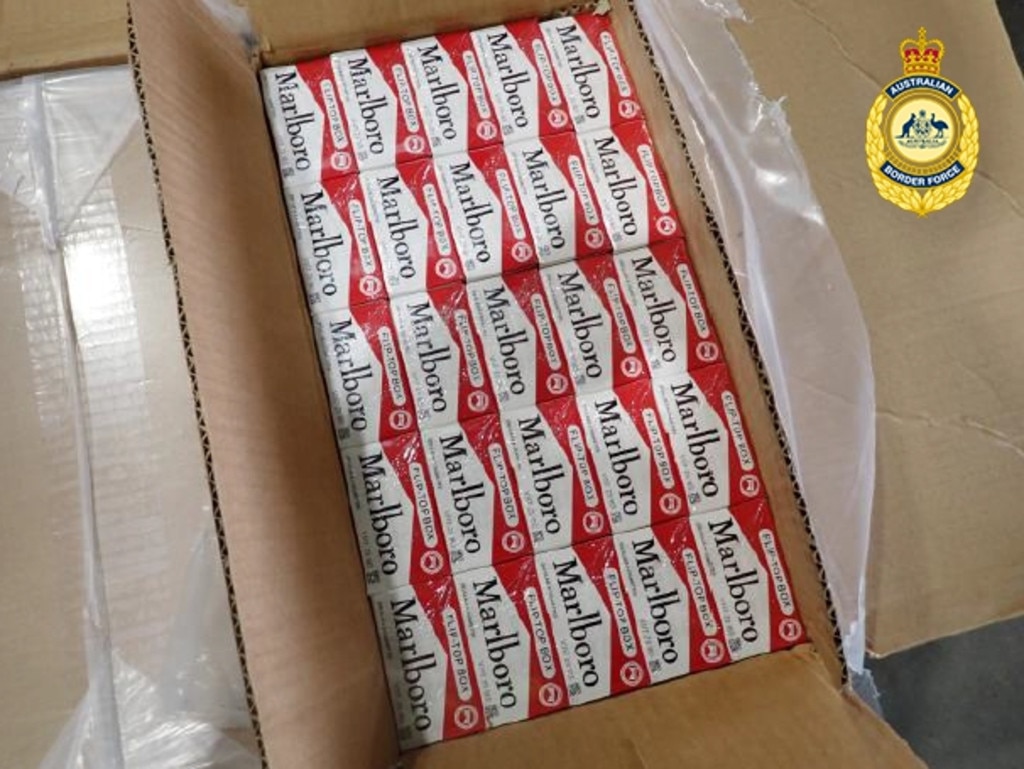Retailers push for yellow stickers to shame sellers of illegal tobacco
Victoria’s illicit tobacco turf war is crushing local businesses, and retailers are pushing for this unconventianal measure to crack down on the illegal trade.
Business owners disrupted by the widespread trade of illegal tobacco have called on the Victorian government to implement more stringent measures to crack down on the practice, including shutdown powers and a yellow sticker system.
The state’s illicit tobacco turf war, with organised crime syndicates across the state vying for control of the lucrative trade, has seen retailers hit out at the government for being soft on the issue.
Premier Jacinta Allen’s government introduced legislation late last year promising tougher penalties for illegal sellers. These included fines up to $355,000 or 15 years in jail for individuals and up to $1.7 million in penalties for businesses.

Also part of the legislation was the introduction of a licensing regime which would apply a “fit and proper persons” test with applicants able to be rejected based on history or known associates.
However, CEO of Ritchies IGA stores, Fred Harrison has hit out at legislators saying the changes don’t go far enough.
“The only way to hurt these gangs involved is to hit their profits and that means shutting them down,” he told the Herald Sun.
“That’s not on the table in Victoria but it is an absolute necessity and we should be calling these illegal traders out by shaming them with bright yellow canary stickers, like they do with unroadworthy cars.”
The yellow stickers, commonly known as ‘canaries’, are used by police to identify unroadworthy or defective cars and are being promoted as an effective measure to disrupt the market for illegal tobacco.

“Illicit tobacco is so widespread, so mainstream, most people don’t understand that it is illegal,” Mr Harrison said.
“And why would you when you can walk into a shop on the main street of any town in the country and see illicit tobacco freely on display?”
While penalties for offenders are severe in Victoria, there are currently no plans to implement the shut down powers held by governments in South Australia and Queensland. Both state governments are now able to immediately shut down businesses suspected of supplying illicit tobacco.
The order applies for 72 hours, during which time the government can apply to the magistrates court for a six-month closure.
“The government needs to take a stand on this issue. Anything that makes it more challenging and difficult for illicit tobacco is welcome,” Mr Harrison said.
‘But if they don’t close down shops and make people aware why they are closed, they are just dreaming of ending the tobacco wars. It’s absolutely the most important thing the state government should be doing.”

Similar reforms announced by the NSW government late last year, which was the last state to commit to a licensing regime, also came under fire for not going far enough.
CEO of the Australian Association of Convenience Stores, Theo Foukkare expressed disappointment at the size of the fines and that responsibility for enforcement was handed to health officials rather than police.
“If NSW really wants to tackle the illicit tobacco trade, it’s time to match South Australia’s tougher penalties and enforcement, which start at $1 million,” he said.
The Victorian Allen government maintains their laws are the toughest in the country. A spokesperson told the Herald Sun that, “We’re cracking down on retailers and wholesalers to help ensure all businesses are operating within the law.”



